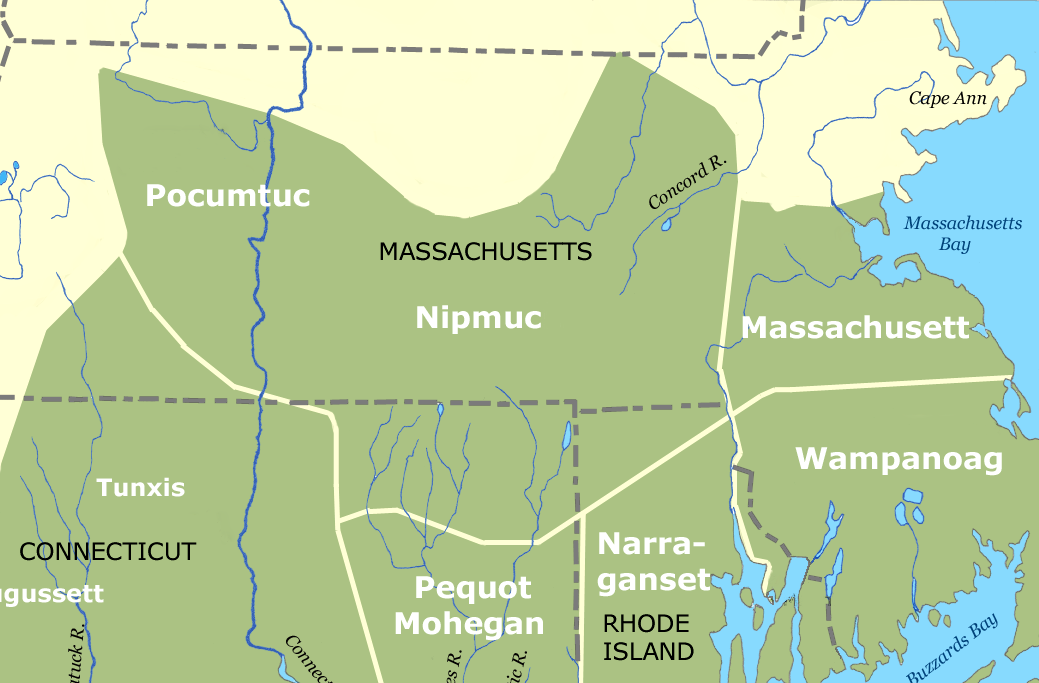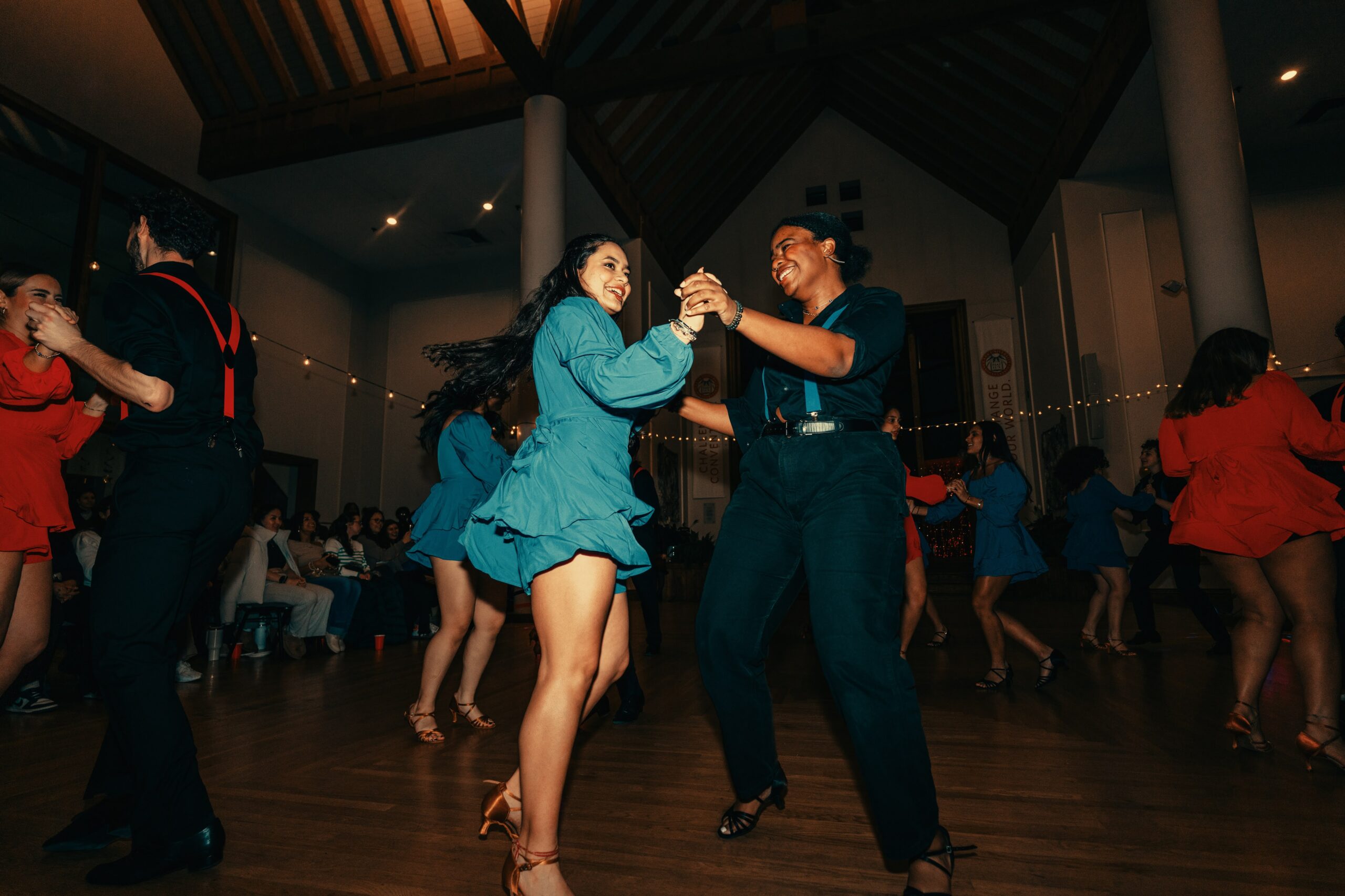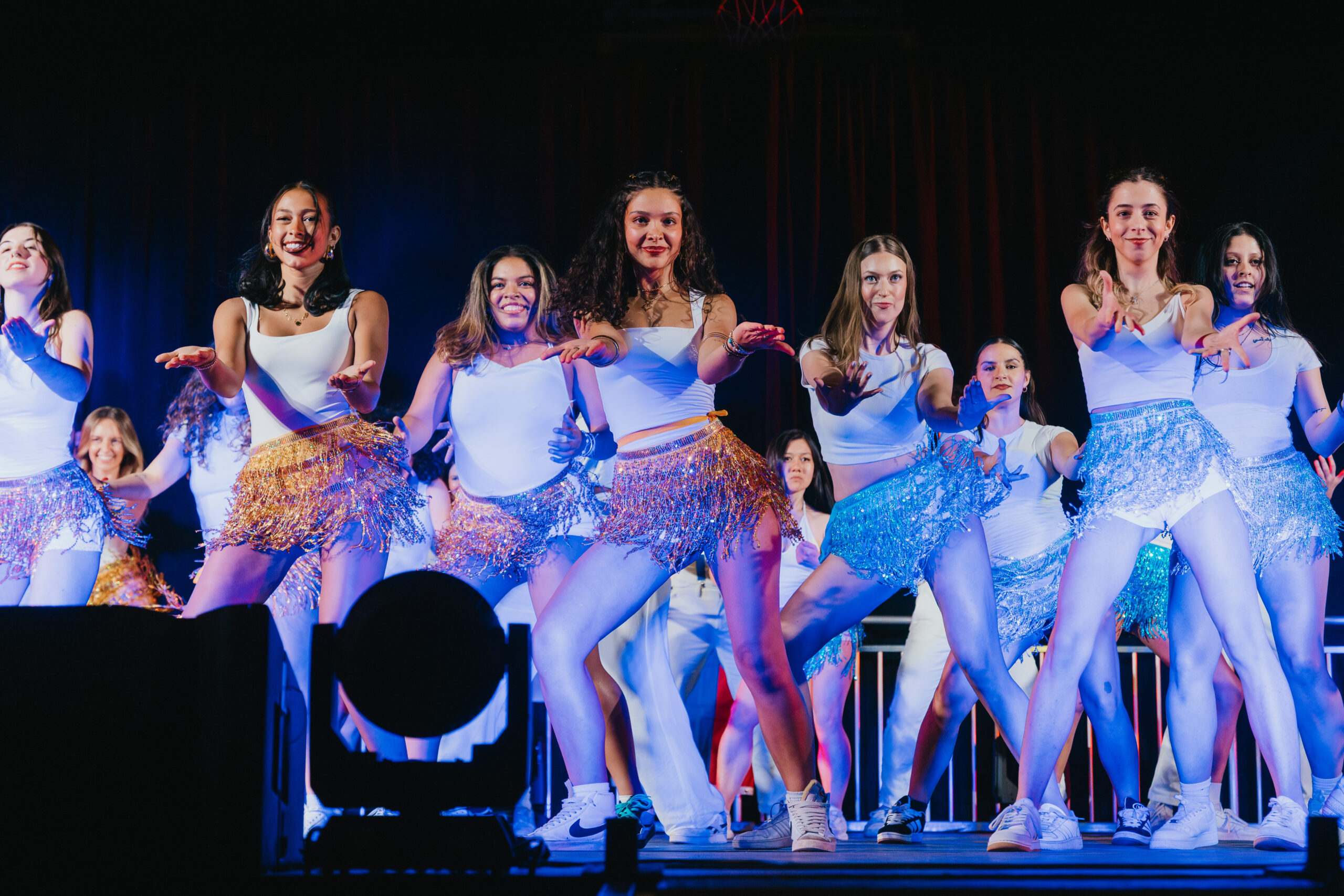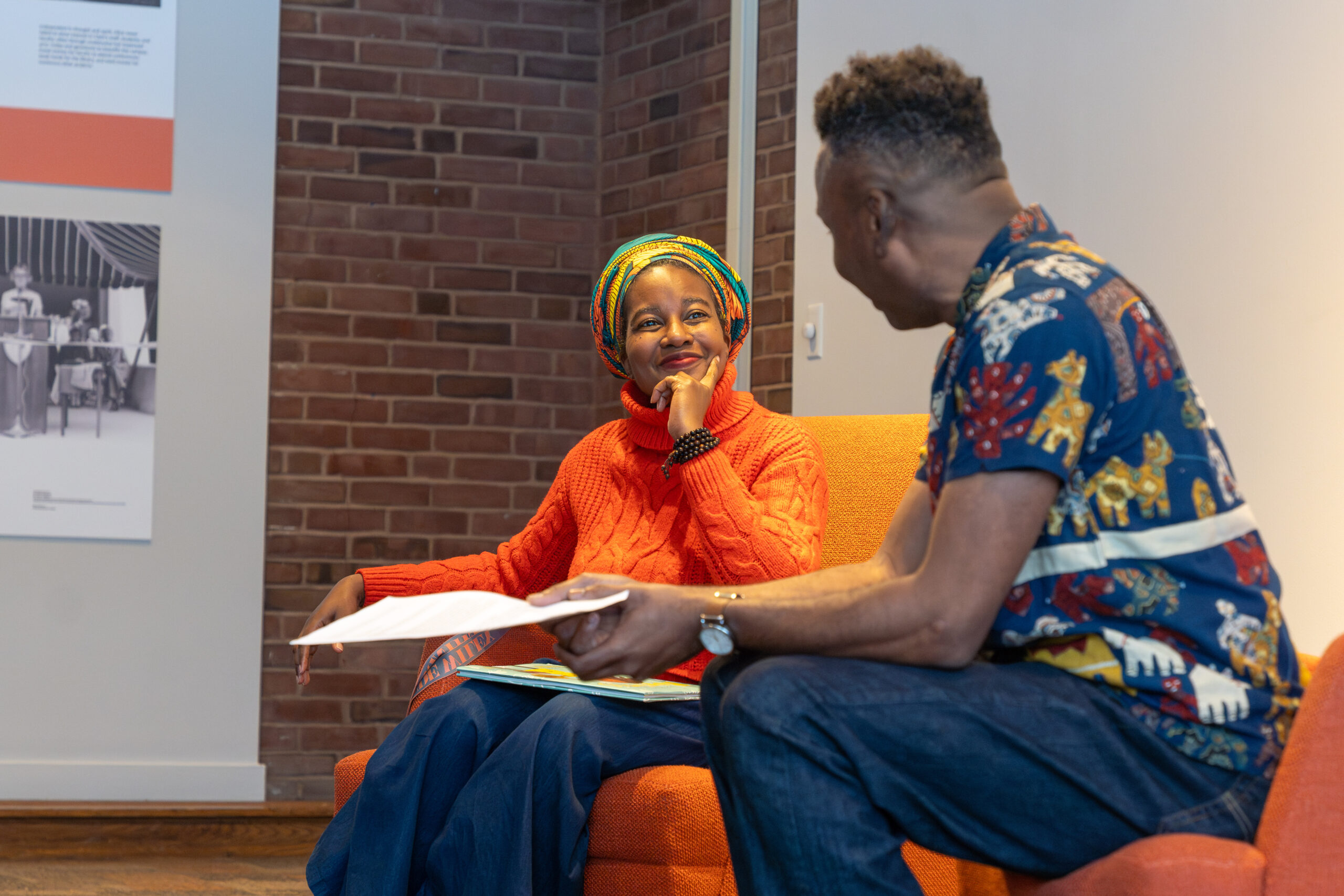University will celebrate Indigenous Peoples’ Day for the first time
The Nipmuc Nation are the original inhabitants of the land where Clark University now sits.
On October 10, for the first time, Clark University will celebrate National Indigenous Peoples’ Day as an official holiday.
Honoring Native American history and culture, Indigenous Peoples’ Day shares its date with Columbus Day, which was first recognized as a national holiday in 1934. While Monday is still Columbus Day, President Joe Biden last year signed the first federal proclamation recognizing Indigenous Peoples’ Day. Ten states officially celebrate it, and a bill to establish it as an official holiday in Massachusetts is working its way through the Legislature.
While Columbus Day recognizes the explorer who “discovered” the Americas, Indigenous Peoples’ Day celebrates the Native Americans who already had lived on the continent for 10,000 years.
The Nipmuc Nation, or “freshwater people,” are the original inhabitants of the land where Clark University is situated. They called the region Quinsigamond (“pickerel fishing place”) and settled in the Nipmuc villages of Packachoag (College hill), Tataesset (currently known as Tatnuck), and Wigwam Hill (currently known as North Lake Avenue).
On its website, the Strassler Center for Holocaust and Genocide Studies at Clark University pays homage to the original occupants of the land where the campus now sits. “We acknowledge the long history of Nipmuc peoples and their bonds of kinship on the land where the Strassler Center community teaches, learns, and researches about genocide and mass violence. … We recognize the past, present, and future Nipmuc stewardship of the land, air, and water of these places that we now call home and pay our respects to those elders who maintain their connection to these ancestral lands.”
The tension between celebrating Indigenous Peoples’ Day and Columbus Day is rooted in power, says Margo Foreman, chief officer of diversity, equity, and inclusion at Clark. “Indigenous Peoples’ Day focuses on the original owners of the land — the people who were here first,” she says.
In addition, Foreman explains, Christopher Columbus’ journey to the Americas was accidental — and with the purpose of assuming property and lands that did not belong to Spain or the monarchs who sponsored his voyage. Columbus himself never set foot in North America.
“We’re refocusing the attention onto the people who were the original land dwellers and owners of the property of which we now benefit,” Foreman says. Celebrating Columbus Day “focused on the oppressors and snatched the power from the people whose histories were annihilated through colonization.”
In honor of Indigenous Peoples’ Day, the Office of Diversity and Inclusion is installing a Book Nook featuring materials and artifacts honoring Native Americans.
In the future, the Book Nook will reflect heritage months and other milestone celebrations. ODI will work with University Librarian Laura Robinson and identity-based community stakeholders to curate materials and books, with funding from the D’Army Bailey ’65 Diversity Fund. The goal is for the space to invoke community among individuals who’d like to learn more about heritage-based histories, but it is not designed to be a lending library.
“Goddard Library co-sponsors author talks and Alumni Book Club events as well as creating online curated topic guides and print book displays for identity-based celebration months. We see this as a way to promote knowledge-building and justice,” Robinson says. “We are thrilled to team up with ODI for their Book Nook. One thing that excites me about these book displays at Goddard is that the books fly off the shelves.”





